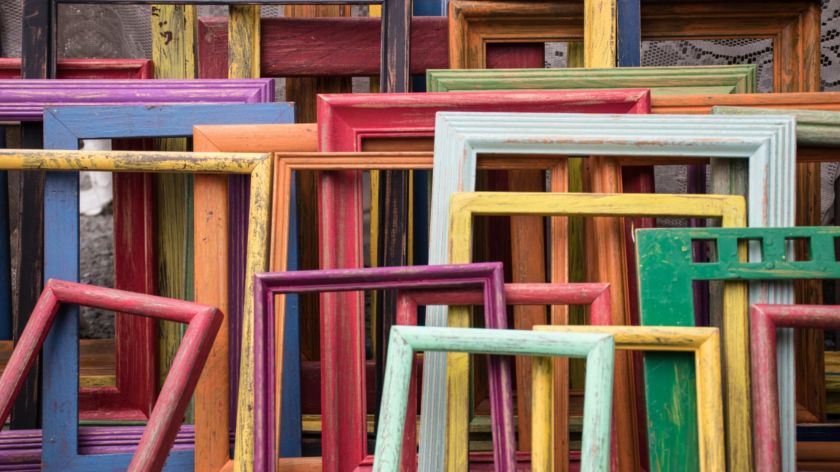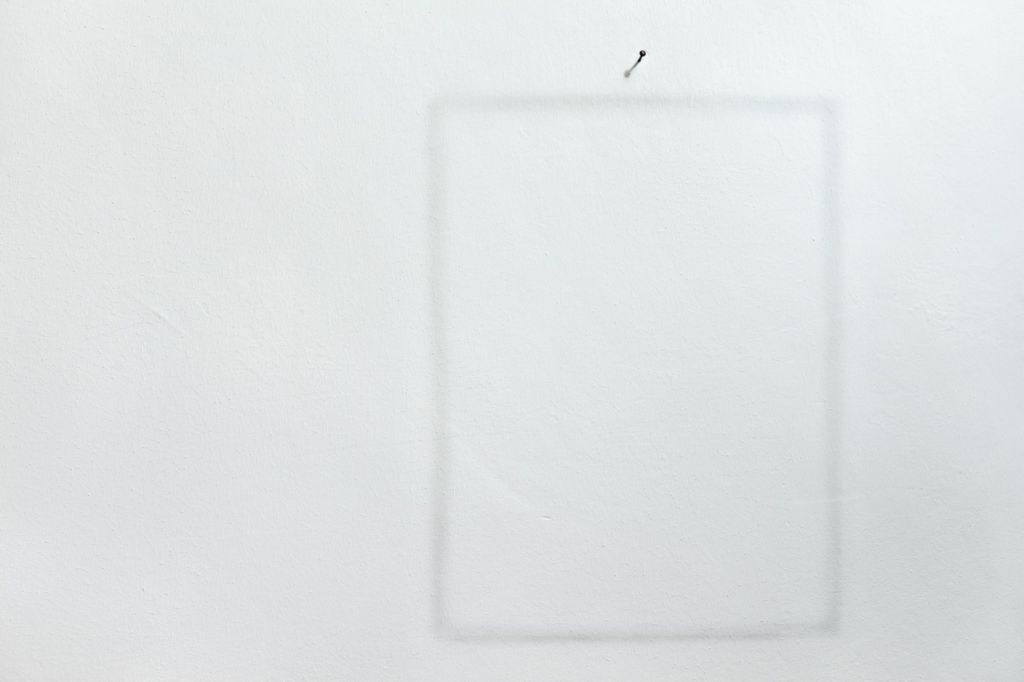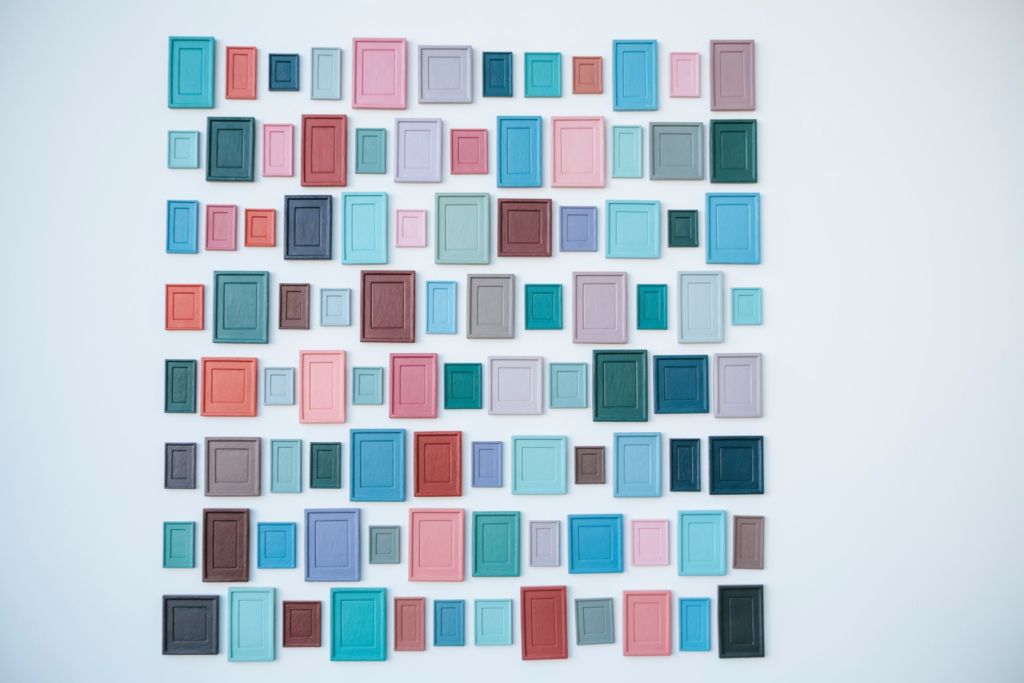Summer interview (8): ‘We don’t take enough responsibility for the people in our research’
-
 Beelden: Unsplash (cc)
Beelden: Unsplash (cc)
Social geographer Kolar Aparna recently obtained her PhD with a study on national borders, and launched Asylum University, an educational programme for asylum seekers. She wants to shift the focus away from the individual in science; the people who are the subject of the research study are often forgotten. ‘I felt protected in my role as a researcher, while the people that I was studying exposed themselves. That is a situation in which we should never feel comfortable.’
A few minutes after Kolar Aparna has taken her seat in an airless little conference room, she explains that she has mixed feelings about the interview that she has agreed to give here in the Thomas van Aquinostraat. She is happy to tell her story but is afraid of sending out the wrong message. ‘I don’t like placing the focus on the individual, which is a very common practice in science,’ she says. ‘What’s more, discussions about institutional racism too often become the responsibility of non-white academics. Despite the fact that the time has now come for everyone to be talking about this topic.’ It is for this reason that she would also rather not be photographed – because this would once again place the focus on her as an individual.
Conducting an interview with social geographer Aparna is therefore like interviewing a large group of people. Although they are not in the same conference room during the interview, Aparna often refers to them throughout the conversation. She mentions Cesar E. Merlín-Escorza, the paranymph who performed a ritual with a Mexican drink in the auditorium during her thesis defence. And Shahram Khosravi, the professor who was the only person who really knew what it was like to be an undocumented refugee during her PhD. And she also talks about her daughter, who is three years old and who’s unique drawings taught her mother to look at things differently during the lockdown.
‘During my defence speech, I asked: ‘Why am I standing here all alone?’ she says. ‘It seemed to be a question that the rector didn’t fully understand. But what I’d really like to know is whether the university actually recognises collective work. The actual ceremony is all about the individual, but the best ideas come from the work that is collectively carried out by a group of people.’
The university as a public space
Aparna obtained her PhD in June with her thesis entitled Enacting Asylum University. To this end, she investigated the ways in which the gap could be closed between the day-to-day practice of asylum seekers and the university, for example, by granting asylum seekers access to education at the university. She looked at the right to education, the methods that scientists use when conducting research into this group and the rights of respondents.

The most specific example of this is Asylum University, an informal programme founded by Aparna, in which asylum seekers were granted access to the university. One year later, in 2015, the Heumensoord emergency shelter location, the largest refugee camp in the Netherlands, opened its doors in the university’s own backyard. ‘Heumensoord was very important to Asylum University,’ says Aparna. ‘The students and academics suddenly took notice of the people and saw that they were standing there right in front of us. The refugees even protested in the Refter and attended lectures and reading groups.’
‘Heumensoord was very important. The students and academics suddenly took notice of the people, and saw that they were standing there right in front of us’
Aparna believes that much good was done at the university during the months in which Heumensoord offered the asylum seekers accommodation. ‘There was a series of lectures for refugees called ‘Food for Thought’. And language courses were offered. Because of all the national attention, the university had to take a stand.’ However, what she felt was lacking was a fundamental discussion about the asylum seekers’ right to education and the university’s subsequent responsibilities. ‘It took quite a while for anything to become institutionalised,’ says Aparna. ‘It was all quite temporary.’
However, this situation has changed. ‘The university now has its own staff member, Saskia Paulissen, who focuses on inclusion and the 12-month transition period for refugees.’ According to Aparna, Paulissen’s appointment is the result of all of the initiatives that were launched within the university after Camp Heumensoord was set up.
‘There has been a gradual improvement in the discussions about diversity among students and staff members. But this has not yet been reflected in the curriculum,’ says Aparna. She believes that it is important that this is reflected at all levels. Discussions about institutional racism, which are frequently initiated by students, need to be linked to discussions about education for refugees and the curriculum content. ‘We need a space where these discussions can be held, preferably a physical one, but this is obviously more difficult to achieve at the moment with the current COVID-19 crisis. But if Heumensoord has taught us anything, it’s that the university is primarily a public place where marginalised and excluded groups can draw attention to matters that can lead to social change.’
Research methods
In her PhD research, Aparna looked at how asylum seekers are received in Europe. Closer to home at Stichting Gast, which is a refugee organisation in Nijmegen, she found many stories that were critical to her research. However, the bike ride between the living room at Stichting Gast and the university began to make her feel increasingly uneasy, she says. ‘I was able to hide behind my role as a researcher and the corresponding scientific methods. This allowed me to feel protected, while the people I spoke to actually exposed themselves. That made things feel quite awkward, but I still went. As researchers, we should never feel comfortable in such situations.’
‘Researchers are paid to produce knowledge that centers Europe’
According to Aparna, the prevailing idea in the academic world is that a researcher with a research grant or other form of funding is legitimised to go wherever they please. ‘Taking a trip and coming back and writing an article or report is something that is applauded,’ she says. ‘That’s certainly the case in modern geography, which is my field of study. But our discipline follows the lines of a colonialist system; researchers are paid to carry out research all over the world, to produce knowledge that centers Europe. We don’t take enough responsibility for the people in the places where we conduct our research.’
Simply answering a few questions posed by a scientist surely couldn’t have harmed the refugees at Stichting Gast? Aparna thinks otherwise. ‘It’s done nothing to change the relationship between the university and the refugees. I’m the researcher who’s been given the privilege of doing this research while they’re the undocumented, who have to stay exactly where they are. This puts the refugees in their place. Somebody is paying the price for this kind of research, and it’s often the people that you can’t see.’
Distribution of wealth
For Aparna, who grew up in India, the inconvenience of skewed power relationships partially stems from experience, she says. ‘My grandmother took care of many children so that my grandfather could take the boat to London to obtain his PhD.’ The question that she subsequently puts to us is: Who pays the price for someone else’s mobility? ‘My grandfather was awarded the title of doctor, she wasn’t.’
Aparna now bears that same title but feels indebted to all of the people with whom she has worked, such as the participants at Stichting Gast. ‘And that’s why I’ve included them all as co-authors in my PhD thesis. One thing that I’ve also called into question is how wealth is distributed in our society and whose knowledge it is that remains unpaid. These people, who help us to think about the European borders, remain unpaid and have no access to the university.’ This was a core part of her PhD research process. Not only has she named these people as her co-authors, but she has also published collaborative articles from within the Asylum University platform and hopes that the relationship between researcher and respondents will become more equal in the future.
For Aparna, nothing that happens at the university is a given. She calls everything into question and casts doubt on the entire academic profession. ‘You should always ask the question: Which tools am I using that were historically used for a different purpose, such as oppressing groups of people?’ Am I not just reproducing the same relationships and is this something that I want to do?’ She points to a map on the wall. ‘For example, take a map of the world. We want a map that everyone can read, so we decided that this is how we will see the world. But people from other cultures are used to depicting the world very differently and they’re used to using maps in quite a different way. Here people use these maps, which have Europe at the centre. Users need to be aware of this and understand the context. It’s not a universal truth.’
Orientalism
‘I know what it’s like to be the grasped other, to feel people’s gaze,’ Aparna says. She used to be a professional dancer. First in India and then in the Netherlands. She trained in Kathak, a dance style that is now considered to be a form of classical Indian dance, but which was influenced by travellers from Spain and other parts of Europe. It is related to Flamenco. She performed for the corporate sector and at cultural festivals. ‘It was a profession in which you always had a role to play. The stories we enacted, the costumes… The audience’s gaze was always more important than my own enjoyment and self-expression. Eventually, I felt like I couldn’t breathe,’ she says. When she travelled to Amsterdam to pursue a dance career, she thought that she would experience more freedom there. ‘But I was always expected to include my Indian influences in everything that I did. This Orientalist notion was also combined with the modernist idea of using your body as an instrument for doing provocative and spectacular things. It made me feel uncomfortable all the time.’
‘I know what it’s like to be the grasped other’
The constant pressure eventually became too much for her. She suffered a burnout and stopped dancing. The comparisons between her past life and her time at university stand out because academia is also characterised by the many rules that apply and the pressure to perform. Why does she feel so at home at university? ‘I think as a dancer I was convinced that I was going to go out into the big wide world, I was young and had romantic notions, I thought I could make it on my own if I was passionate enough,’ she says. ‘Now I’m no longer alone. Collaboration is crucial. The collaborative process during my PhD research was extremely important.’
Collaboration is essential in every aspect of Aparna’s life. Even in her activism, which is closely interwoven with her work. ‘For instance, individuals cannot fight institutional racism. If they do, they’ll get trampled,’ she says. Moreover, only ever being aware of the negative structures may cause you to rapidly become discouraged and unhappy as an individual, says Aparna. In such cases, you also need friends. ‘Friendship is terribly important. A friend recently asked me when I last laughed so hard that I cried. Fun is not what people may consider to be the most important aspect of critical academic thinking, but it is so important. And it goes together quite well with critical thinking.’ That’s why her friends and her daughter are so important to her, she says. ‘And I also really enjoyed my PhD programme.’
The ritual as a game
Aparna continued to question the academic rules right up until it was time for her to defend her thesis in the auditorium. ‘During the rehearsal, I was told where to stand and when the beadle would come in. The prayer would then be recited,’ she says. ‘In Latin. The beadle subsequently asked whether that would be a problem.’ Aparna: ‘I said that of course it would be a problem. It was a problem to assume that any one thing is right for everybody, and in this case that thing was a Latin prayer.’ Together with her paranymphs, who also felt quite uncomfortable about the Latin prayer being offered as the only alternative, Aparna playfully decided to perform a ritual instead of officially joining in with the prayer.
‘There is room for discussion, but only when you ask questions about the regular course of procedure’
‘My paranymph Cesar happened to have some mezcal, a Mexican drink that’s often used in rituals. We were really just playing around, in order to give ourselves a bit of breathing space. But it also showed that there’s room for discussion, as long as you ask questions about the regular course of procedure.’ After all, she knew just as much about the history of the mezcal ritual as she knew about the history of the prayer, she says. ‘We just wanted to do something different and it worked out pretty well, no-one banned us from doing it.’
Privilege
The speech that she then delivered was one that had come about after much contemplation. ‘The first draft of my speech was intended to convince everybody within ten minutes that I was a serious scientist,’ she says. ‘But what I wrote had stemmed from uncertainty. I was trying to present myself as someone who I’m not, which was the result of the monoculture and the homogeneous environment that constitute the university.’
‘So, I wrote something else. My new speech didn’t contain a single academic word. And that was good because it was a public defence,’ Aparna says. ‘I questioned what we were doing. I asked who it was that we needed to talk to now and for whom we were responsible.’ I argued that the people who were involved should be serving on the committee because they were the people who had personally experienced what it was like at the borders.’ Shahram Khosravi, a professor at Stockholm University and once an asylum seeker himself, put his questions aside and said: ‘I understand how much it costs to write a speech like this. I myself was once at the centre of such a controversial topic.’




